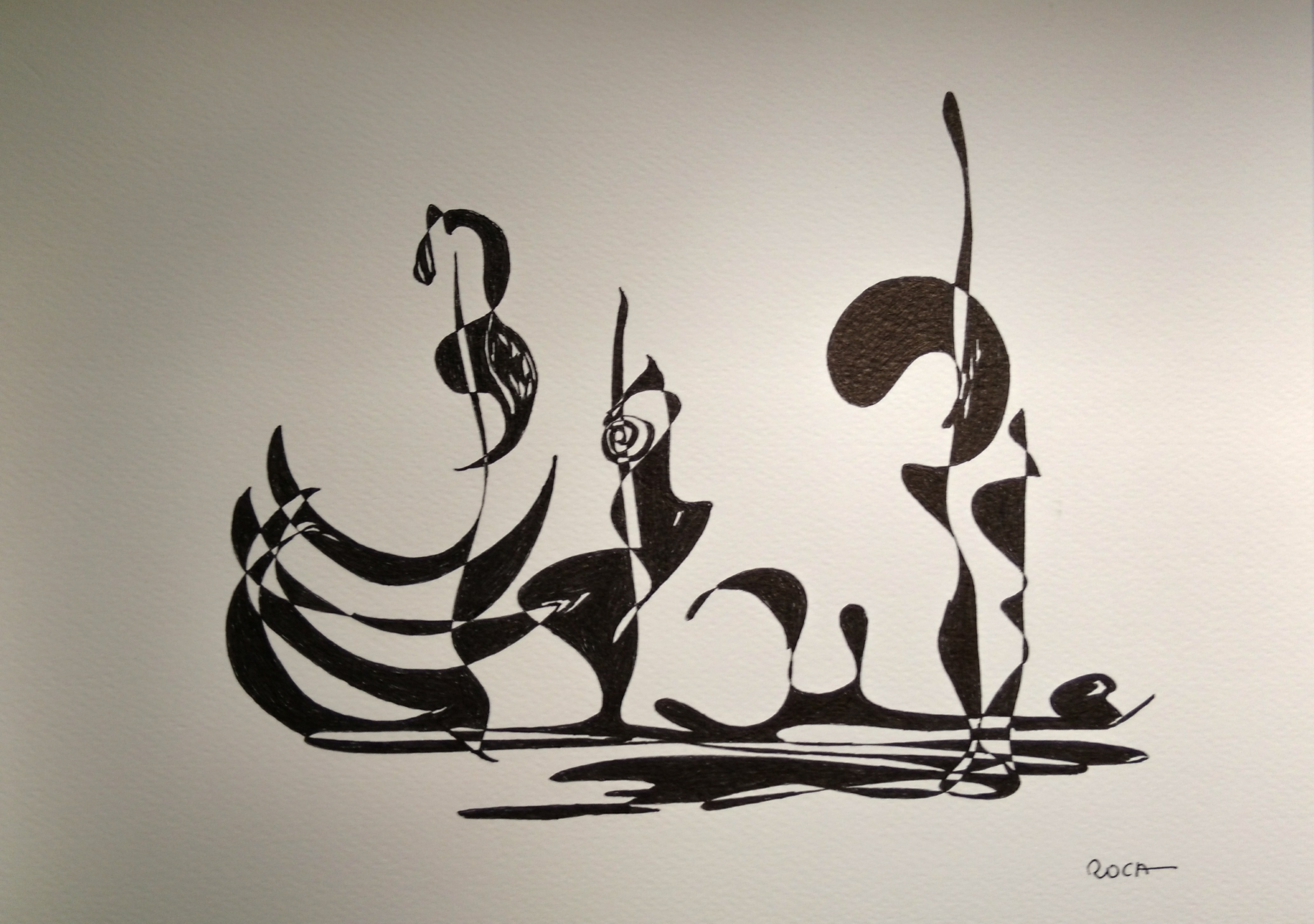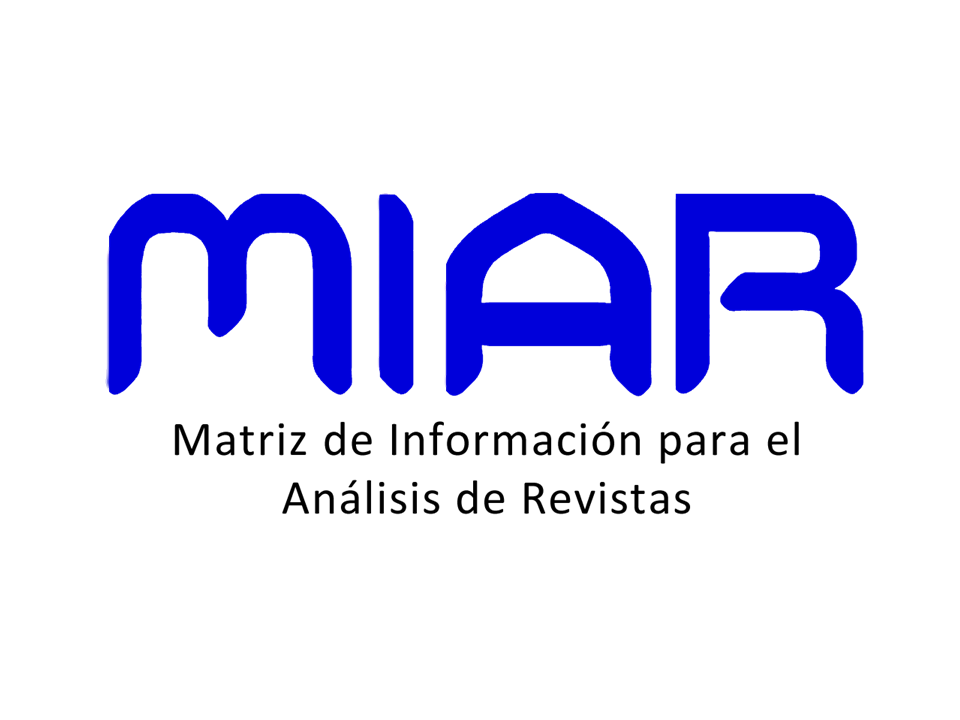VOCALIC LENGTHENING AND REDUCTION IN MANXINERU
DOI:
https://doi.org/10.22478/ufpb.1983-9979.2019v14n1.48995Abstract
This work aims to analyze and describe the interface between phonology and morphology in the Manxineru (Aruák) variety, spoken in Brazil, based on the methodological and technical basis of experimental acoustic phonetics. The variety spoken in Brazil has 1106 speakers living in 12 villages in the Mamoadate Indigenous Land, located in the southwest of the state of Acre. Our research has allowed us to demonstrate the phenomena described here and also reaffirm our hypothesis that the morphological and syntactic joint causes several linguistics phenomena and this is due to a reorganization of the language system so that it maintains the pattern rhythm and accentual, which is extremely hard (see COUTO, 20016, 2018). Thus, for this work, we are concerned and expose part of our investigation about the morphophonological phenomena in the language, causes by the intense interface between morphology and phonology. Specifically for this work, we focus on evidencing the processes of vowel lengthening and reduction of the Manxineru language.Downloads
Download data is not yet available.
Downloads
Published
2019-11-09
How to Cite
Pereira Couto, F. (2019). VOCALIC LENGTHENING AND REDUCTION IN MANXINERU. PROLÍNGUA, 14(1), 187–202. https://doi.org/10.22478/ufpb.1983-9979.2019v14n1.48995
Issue
Section
Artigos










